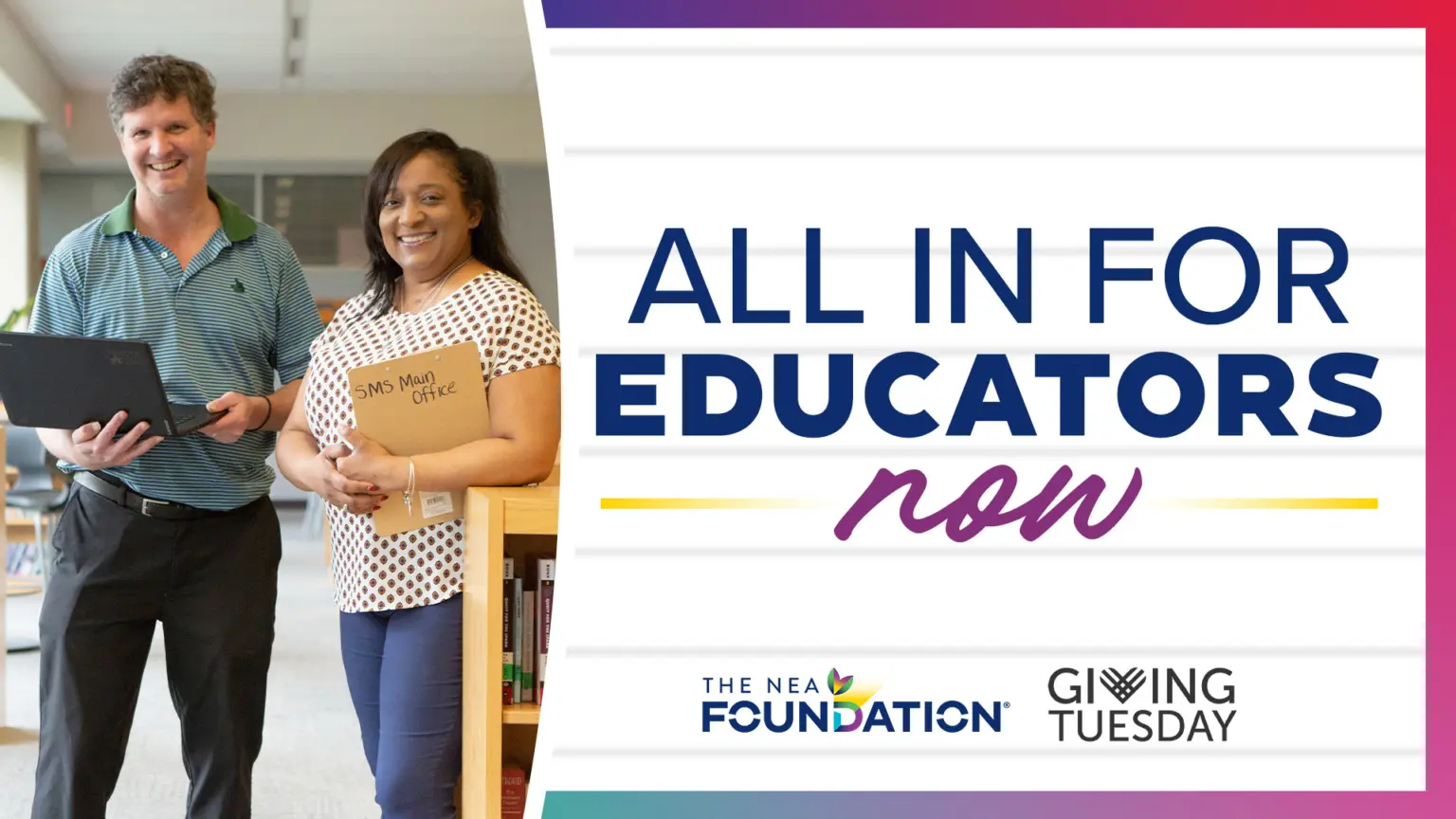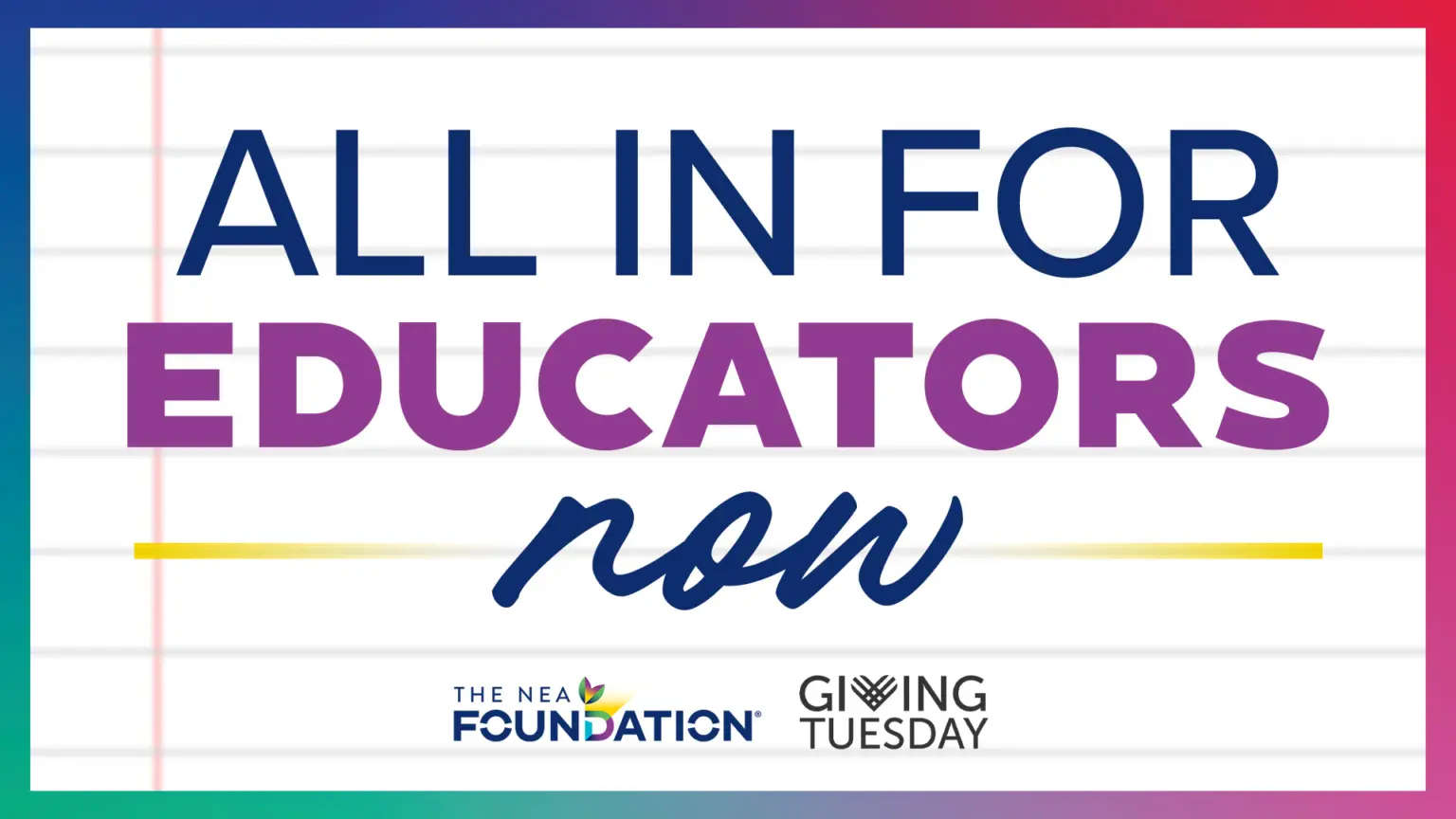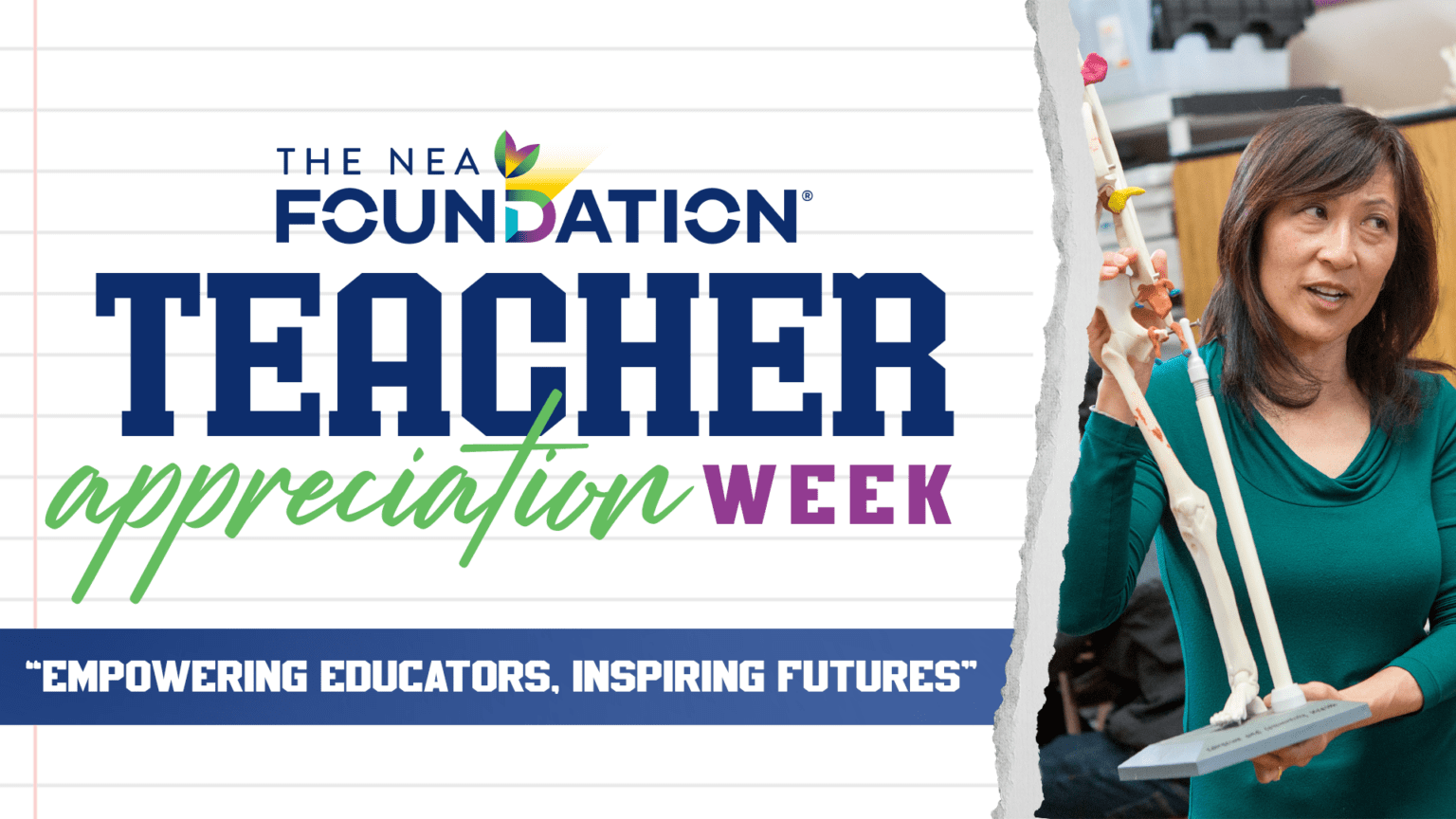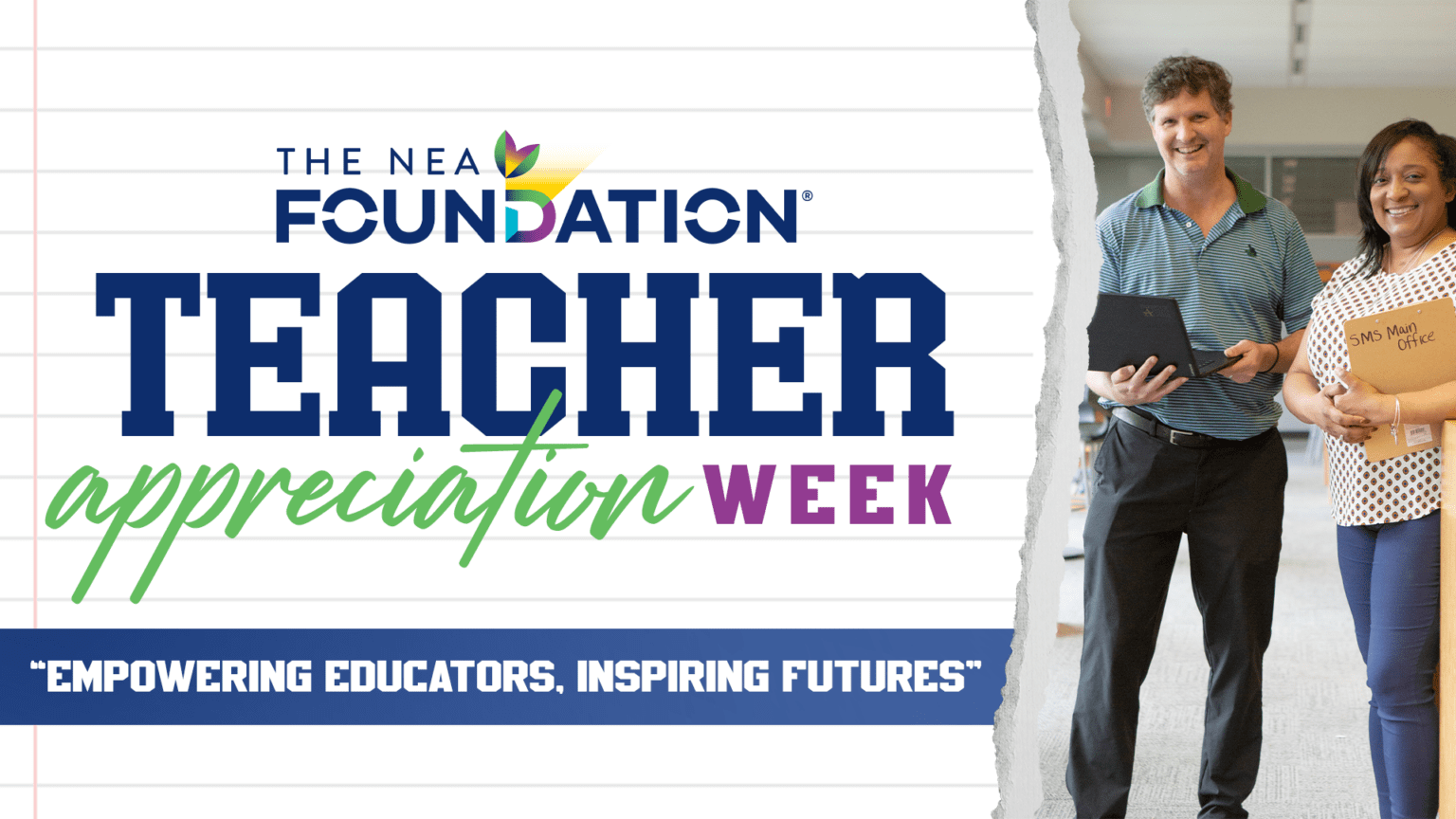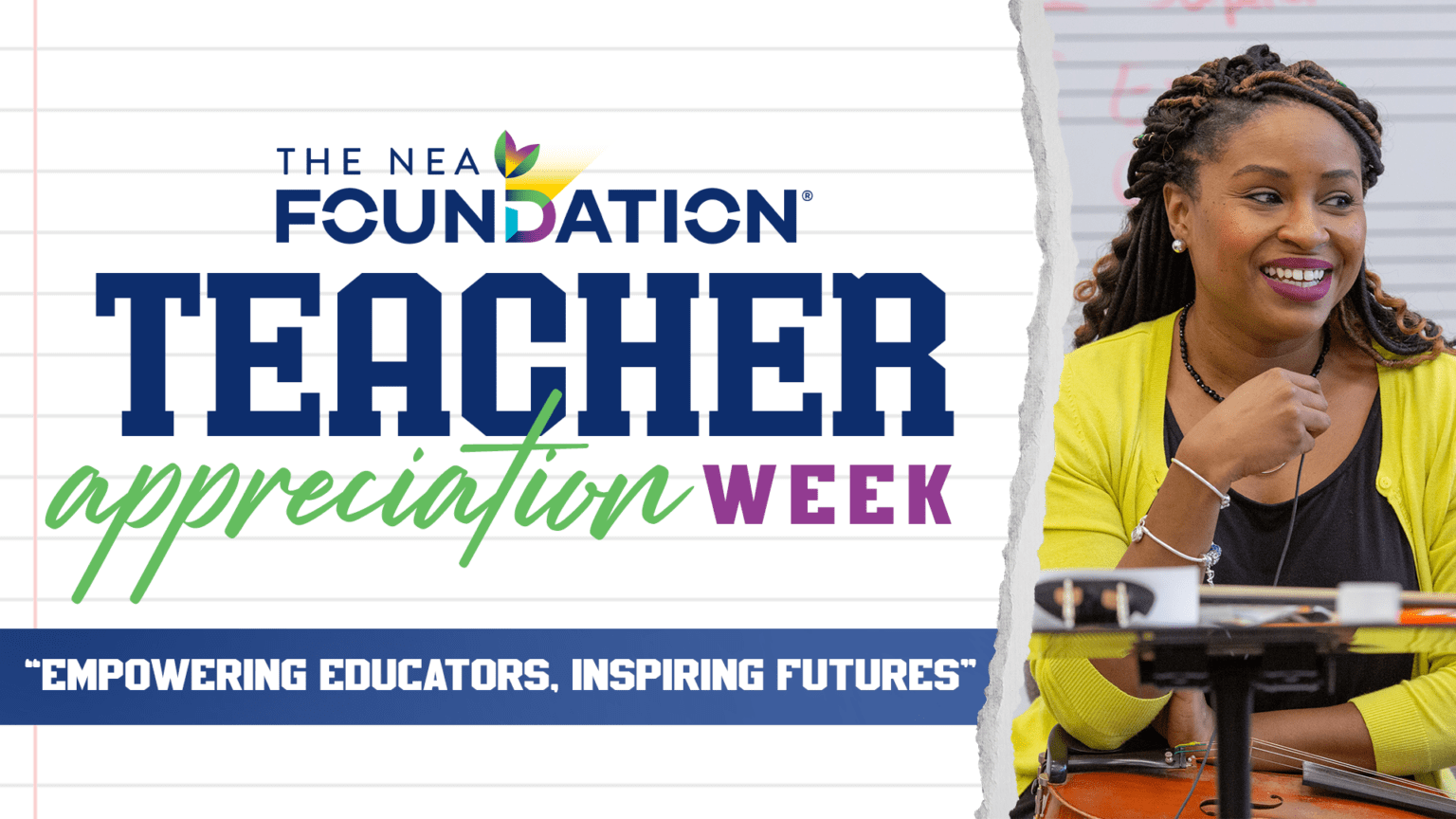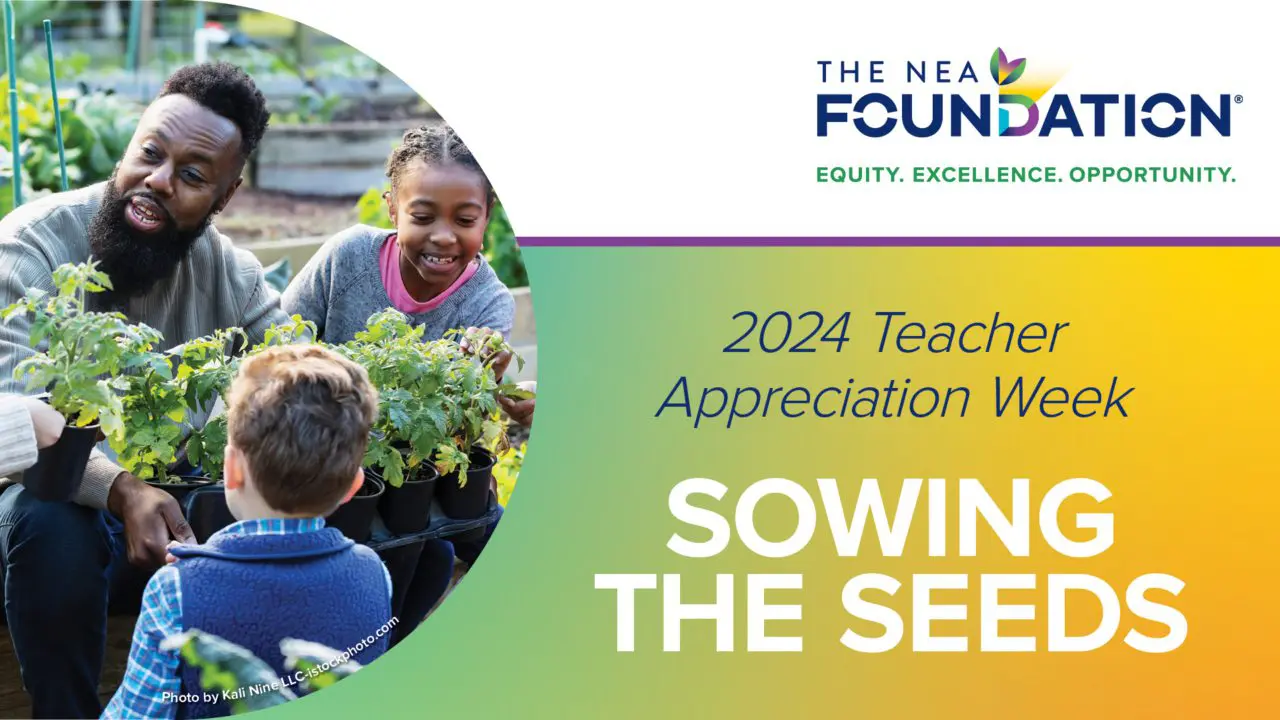By Harriet Sanford
President & CEO
What is aquaponics? Watch Milwaukee students explore the fields of aquaculture and hydroponics, as they discover real-life STEM solutions to food production in the videos below.
They. Love. Science.
Students involved in the Milwaukee Urban Schools Aquaponics Initiative have discovered the power of STEM (Science, Technology, Engineering, and Mathematics). They do their own research. They ask their own questions. Who knew that you could use someone’s trash to create an incubator for growing fish? This authentic, self-driven learning is contagious and it is opening up a world of possibility.
Their teachers love science, too.
And they are bolstered by an infrastructure and support they need to do their jobs better. A professional learning community meets regularly so that educators can exchange ideas, brainstorm solutions, and learn from outside experts and other schools and schools systems.
The result is a cohort of students who are mastering complex subject matter, gaining valuable 21st century skills, by growing safe, local, sustainable, and nutritious food for their community. Rigorous academics. Skills for the future. Community service. It’s a win for everyone.
Where urban farming meets public education
That’s why, on behalf of the NEA Foundation, and together with AT&T, I am honored and delighted to support the expansion of two popular urban farming programs in Milwaukee, WI, and New York City, NY, to increase urban students’ interest in STEM with a two-year total contribution of $300,000 for Fall 2013 through Fall 2015.
Both initiatives were selected because of their early success in advancing STEM education among low-income and minority students. And we have high hopes that both efforts will continue to succeed and grow.
Five more Milwaukee schools to explore aquaponics
In Milwaukee, our funding will support the expansion of the Urban School Aquaponics initiative in five new schools, reaching a total of 1,500 MPS students over two years. It will also support the development of a cohesive, comprehensive aquaponics curriculum aligned with the newly released math and science standards that will be piloted in the participating schools. Ultimately, an aquaponics curriculum would be available to all 49 MPS high school and 125 K-8 schools, with the potential to reach all 78,500 students in the district.
New York City schools to farm on school grounds
In New York City, Project EATS, is an innovative program that builds farms on school grounds enabling students to work with experienced farmers to grow, package, and market their products as they acquire skills and expertise in homemade product manufacturing, business and marketing, promotion, and sales. With our support, PE will be offered in five additional high schools, potentially reaching more than 1,500 students. The funding will also be used to standardize a four-year curriculum, with more focus on STEM learning, as well as experiential and peer-to-peer learning.
Why focus on STEM?
STEM-related career opportunities are among the fastest-growing of all occupational clusters. The majority of these jobs will require post-secondary education, yet current projections show that the United States will fall short of demand for workers with post-secondary education by as much as 5 million by 2020.
While minorities make up an increasing percentage of students in the United States, they continue to be underrepresented in STEM fields. Projects like these empower educators to develop and use proven practices to deliver rigorous, engaging learning experiences that we know excite and interest underrepresented student groups in STEM.
Want to learn more?
Read our STEM report that captures best practices being used in Milwaukee. And stay tuned. We’ll be sharing with you more as we learn from these innovative educators over the next two years.



